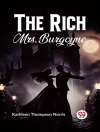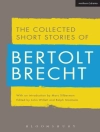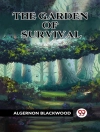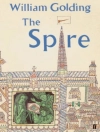In ‘Northern Georgia Sketches, ‘ Will N. Harben masterfully captures the essence of the Southern Appalachian experience through vivid descriptions and rich characterizations that breathe life into the landscapes and people of Northern Georgia. Comprised of a series of interconnected sketches, the work reflects the author’s keen observational skills and deep understanding of rural Southern life in the late 19th century. Harben’s writing style elegantly combines humor and poignancy, allowing readers to immerse themselves in the cultural tapestry of a transformative period in American history, characterized by rapid change and a lingering sense of tradition. Will N. Harben, a native of Georgia, was profoundly influenced by the socio-cultural dynamics of the region. His experiences growing up in a rural community and witnessing the everyday struggles and triumphs of its inhabitants undoubtedly informed his storytelling. Harben was not only a novelist and playwright but also a journalist, which equipped him with a unique perspective on the human condition and the complexities of Southern identity during a time when the Old South was giving way to modernity. ‘Northern Georgia Sketches’ is a compelling read for those seeking an authentic portrayal of Southern life, rich with humor and resonant themes of community and resilience. Harben’s ability to weave together personal narratives with broader social commentary makes this collection a valuable contribution to American literature, appealing to both scholars and general readers who appreciate the nuances of regional storytelling.
लेखक के बारे में
Will N. Harben (1858-1919) was an American author best known for his realistic portrayals of life in the rural South, particularly in Georgia. Born in Dalton, Georgia, Harben was exposed early to the characters and dialects that would later populate his fiction. Harben’s literary career blossomed during a period marked by the local color movement, and his work often captured the unique cultural nuances of the post-Civil War era. He gained widespread recognition through his book ‘Northern Georgia Sketches’ (1900), which deftly depicted the customs, dialect, and terrain of the Appalachian region of Georgia. His narrative style, characterized by a blend of humor and pathos, brought to life the diverse experiences of Southern society, ranging from the middle class to the impoverished mountaineers. Harben wrote numerous novels and short stories during his career, and his literary contributions helped to document and preserve the distinctiveness of Southern heritage for future generations. He excelled in using dialect and local idioms to lend authenticity to his character’s voices, making his works valuable not only for their storytelling but also for their linguistic and cultural insights.












